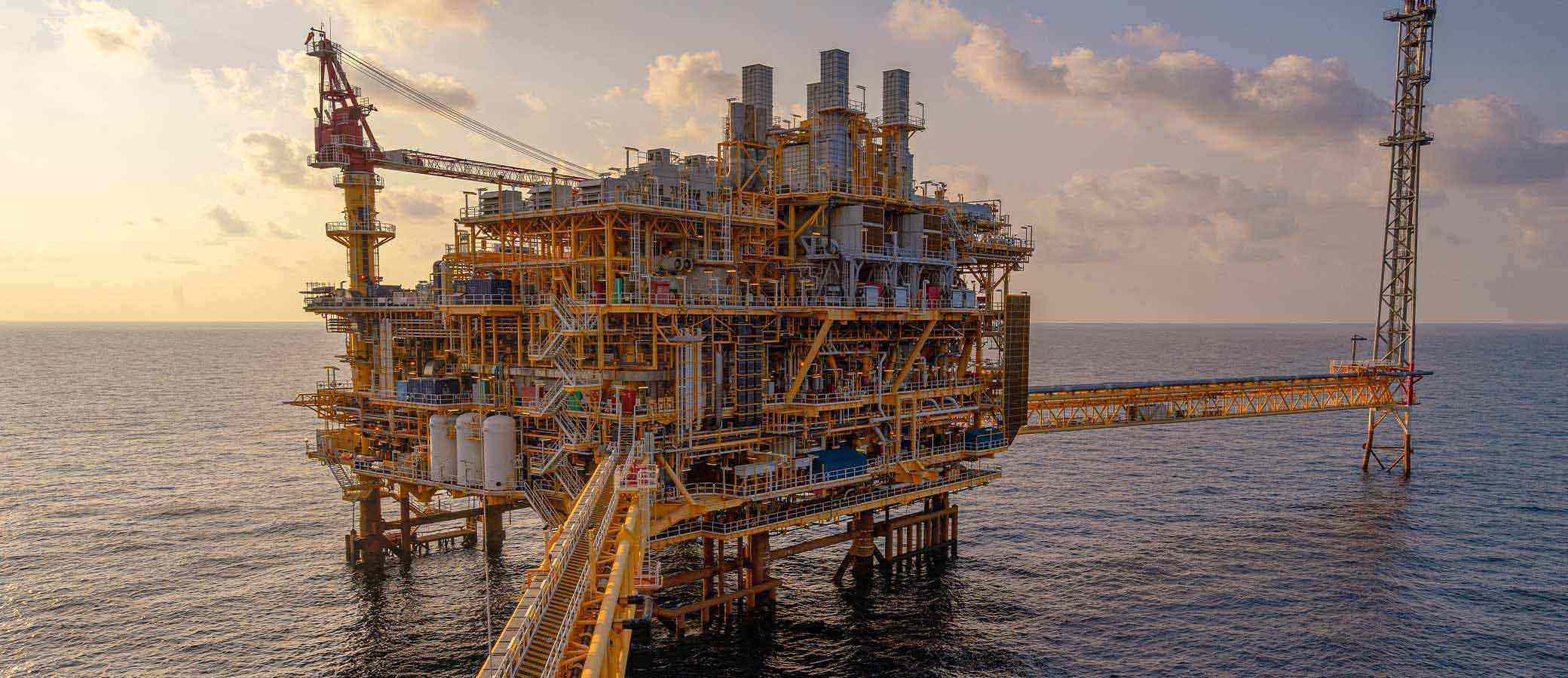
Africa continues to solidify its position as a crucial player in the global energy market, with Nigeria, Angola, and Algeria standing as some of the continent’s top oil producers. These nations are at the forefront of Africa’s petroleum output, collectively driving the continent’s energy economy while contributing to the world’s overall oil supply.
Africa’s Rich Oil and Gas Reserves
Africa holds a significant portion of the world’s energy resources, boasting about 12% of the planet’s total oil reserves. This substantial share of global oil is complemented by the continent’s natural gas reserves, which account for around 8% of the world’s supply. These reserves play a vital role in both regional development and global energy security.
Nigeria: The Giant of African Oil
Nigeria, Africa’s largest oil producer, has long been a major supplier of crude oil to the international market. With proven reserves exceeding 37 billion barrels, the country plays a key role in global energy markets. The oil and gas sector forms the backbone of Nigeria’s economy, accounting for around 90% of its export earnings and over 50% of its government revenues.
Despite challenges such as fluctuating oil prices and infrastructure constraints, Nigeria continues to innovate and invest in its petroleum industry to maintain its production levels.
Angola: A Rising Power
Angola, another oil powerhouse, ranks second in Africa in terms of production. With reserves estimated at around 8.2 billion barrels, the country’s petroleum sector has been a cornerstone of its post-conflict economy. The government has been working to attract foreign investment in oil exploration, and recent offshore discoveries have reinforced Angola’s status as a growing force in the energy sector.
Efforts to diversify the economy have led to reforms in Angola’s oil industry, aiming to make production more efficient and sustainable.
Algeria: A Leader in Oil and Gas
Algeria stands as one of the top oil producers and the leading natural gas exporter in Africa. With over 12 billion barrels of proven oil reserves and significant gas resources, Algeria’s energy sector plays a critical role in supplying Europe and other global markets. The country’s strategic location in North Africa makes it a vital partner for European countries seeking alternatives to Russian energy supplies.
Algeria’s state-run oil and gas company, Sonatrach, is spearheading efforts to modernize the sector, increase production, and explore new energy frontiers such as renewable energy and liquefied natural gas (LNG).
Global Energy Transitions and Africa’s Role
As the world shifts towards renewable energy sources and more sustainable energy practices, Africa’s oil and gas sector faces both opportunities and challenges. While oil remains a cornerstone of many African economies, including Nigeria, Angola, and Algeria, these nations are increasingly looking toward diversifying their energy portfolios to ensure long-term growth.
Global efforts to reduce carbon emissions and transition away from fossil fuels will inevitably impact Africa’s energy strategies. However, the demand for oil and gas remains robust, and Africa’s resources will continue to play a vital role in meeting the world’s energy needs in the coming decades.
With vast oil and natural gas reserves, Nigeria, Angola, and Algeria stand as key pillars of Africa’s energy landscape. As the world navigates energy transitions, these nations will continue to play a critical role in global energy markets, contributing significantly to the world’s oil supply while balancing the need for economic growth and environmental sustainability.
